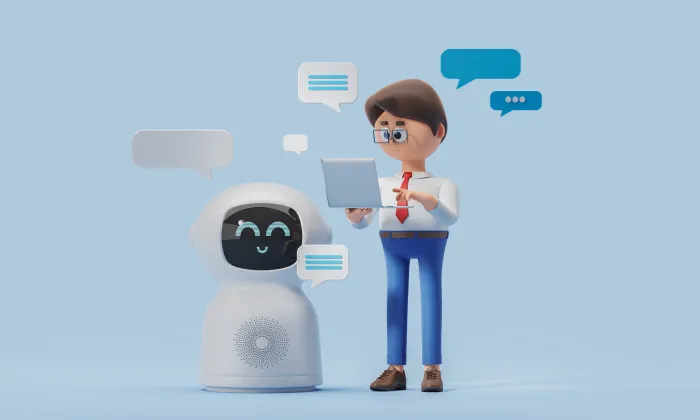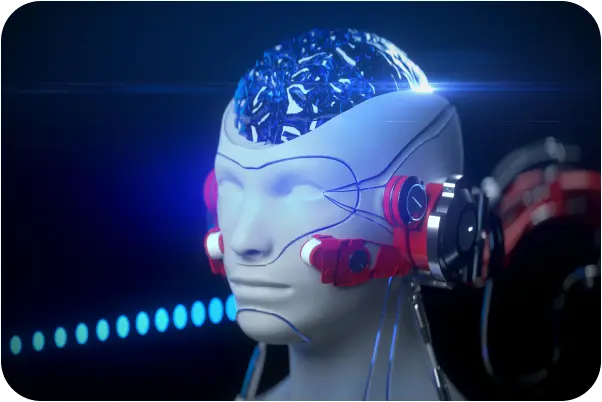What should be avoided when cleaning call center recordings?
Call Center
Data Cleaning
Compliance
Cleaning call center recordings is crucial for ensuring clarity and compliance, but it's essential to approach this task with precision. Here are key pitfalls to avoid:
Over-Filtering Background Noise
- Why It Matters: Background noise often provides context to conversations. Over-filtering can strip away important nuances, making the data less representative of real-world scenarios.
- Best Practice: Balance noise reduction while maintaining the natural ambiance. Use tools that can differentiate between disruptive noise and contextual sounds.
Removing Natural Pauses and Disfluencies
- Why It Matters: Natural pauses and speech disfluencies (like "um" and "uh") are integral to understanding speech patterns and intent.
- Best Practice: Retain these elements as they are crucial for training models in natural language understanding and improving ASR systems.
Ignoring Metadata
- Why It Matters: Metadata enriches recordings with details like speaker roles, call direction, and demographics, which are vital for in-depth analysis and model training.
- Best Practice: Ensure metadata is accurate and comprehensive. It should include language, dialect, speaker demographics, and call context.
Overlooking Legal Compliance
- Why It Matters: Real recordings can contain sensitive information. Mishandling this data can lead to legal issues.
- Best Practice: Use anonymized, simulated data like FutureBeeAI's to avoid legal risks. Ensure all datasets comply with GDPR, HIPAA, and SOC 2 standards.
Using Low-Quality Transcriptions
- Why It Matters: Inaccurate transcriptions can lead to poor model training outcomes.
- Best Practice: Employ high-quality, human-verified transcriptions. FutureBeeAI leverages its proprietary Yugo platform to ensure precision with multi-tier QA checks.
Relying Solely on Mono Recordings
- Why It Matters: Stereo recordings, with separate channels for agent and customer, offer clearer insights into conversation dynamics.
- Best Practice: Utilize stereo recordings to capture rich, detailed interactions. Mono recordings can lead to the loss of important conversational cues.
Failing to Diversify Data
- Why It Matters: Diverse data ensures models are robust and generalize well across different scenarios.
- Best Practice: Ensure datasets are balanced in terms of accents, genders, and age groups. FutureBeeAI provides controlled diversity, vital for training adaptable AI systems.
Conclusion
Avoiding these common mistakes can significantly enhance the quality and utility of call center recordings for AI model training. For AI-first companies aiming for precision and compliance, FutureBeeAI offers datasets that are not only rich and nuanced but also legally safe and diverse. For projects requiring domain-specific, spontaneous recordings, FutureBeeAI can deliver compliant and high-quality datasets promptly.
Next Steps:
For AI solutions requiring robust and legally compliant datasets, consider partnering with FutureBeeAI. We offer scalable, production-ready data tailored to your industry needs.
What Else Do People Ask?
Related AI Articles
Browse Matching Datasets
Acquiring high-quality AI datasets has never been easier!!!
Get in touch with our AI data expert now!








